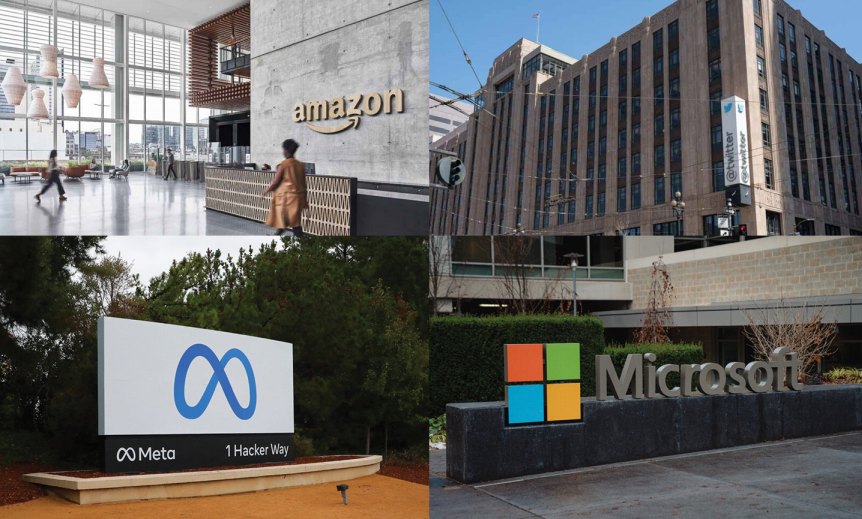Tech companies lay off over 7,500 employees in the first 2 weeks of 2024

In just the first two weeks of 2024, tech companies have already laid off over 7,500 employees. According to the layoff tracking website Layoffs.fyi, 48 tech companies laid off a total of 7528 employees.
Despite tech stocks experiencing a notable rebound in 2023 after a slump in 2022, the industry’s success didn’t translate into increased hiring. Instead, tech companies are using AI to increase efficiencies and cut costs to maintain profitability amid rising interest rates and uncertainties in the global economy.
So far this year, tech giants including Google, Amazon, and Discord have already announced layoffs. In 2023, companies such as Google, Meta, Microsoft, Amazon, and Salesforce laid off 6% to 13% of their workforce, prompting tech workers to seek stability over the allure of high-growth equity and well-known employers.
Last week, Google confirmed the elimination of approximately 1,000 positions in its Google Assistant, core engineering, and hardware teams working on Pixel, Nest, and Fitbit.
Google is not alone. Amazon also made significant cuts, affecting employees in its Audible, Twitch, MGM Studios, and Prime Video units. Twitch, in particular, announced a 35% reduction in its workforce, or around 500 employees, amid concerns about financial losses and the departure of key executives.
Shortly after Amazon’s Twitch announcement, Unity Software, a San Francisco-based video game software provider, underwent its largest layoff ever, letting go of around 25% of its workforce, equivalent to 1,800 jobs.
Discord, with ambitions for an IPO, cut 17% of its staff, while Apple, which avoided mass layoffs in 2023, is shutting down a 121-person team working on AI in San Diego, according to Bloomberg.
Beyond the tech industry, Citigroup and BlackRock in finance also revealed plans for substantial layoffs, with Citigroup aiming to reduce its global workforce by 10% (20,000 employees) over the next two years, and BlackRock planning to lay off 600 workers, approximately 3% of the total.
However, experts suggest that the current wave of layoffs in 2024 is different from previous years. Instead of sweeping cost-cutting efforts, many layoffs reflect relatively healthy tech companies adjusting their priorities in the face of increasing interest in generative AI. While this might not be reassuring for concerned employees, historical data from the Bureau of Labor indicates that layoffs tend to spike around the fiscal year-end in December and January.
Meanwhile, Art Zeile, the CEO of the tech careers marketplace Dice, noted that the aerospace, consulting, healthcare, financial services, and education industries are currently the hotspots for demand in tech workers, CNBC reported. Zeile suggests that tech workers can discover a more favorable work-life balance and increased stability in non-tech enterprises that boast significant tech divisions, surpassing what tech leaders can offer.
In the end, Zeile notes that the recent layoffs have caused a significant disruption in the two decades of growth experienced by big tech. Consequently, he emphasizes that the concept of stability has become a more prominent aspect of current conversations. As a result, “the idea of stability is much more part of the conversation today,” Zeile added.




